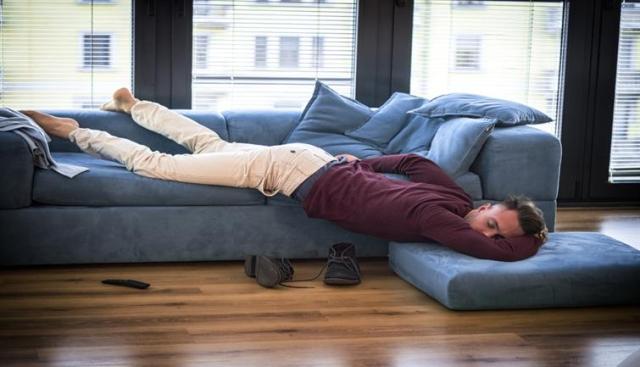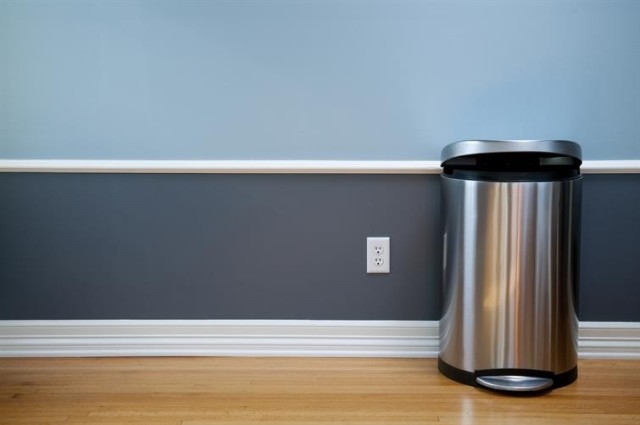One of the benefits to having your own apartment is the freedom to entertain and host guests. Letting your friends and family shack up with you during a visit is a generous use of your space. Maybe you even had a friend or family member fall on hard times, and they need a place to stay. Whatever the situation, having guests can be fun, but you need to be aware of the duration of your guest’s stay. After a few weeks, you may start to wonder if your visitor is wandering into tenant territory. These types of situations can be a bit of a grey area, so just how long can a visitor stay in your apartment before they become a tenant?
How Many Days Until a Visitor Becomes a Tenant?
Every person on your lease is able to have guests, even long-term ones, meaning more than a week or two. Maybe your friend is having a hard time financially, or a family member moved to the same city for a job and is in between rentals. You should feel entitled to host guests and visitors for an extended stay.
However, it’s largely agreed upon that around 14 days, or a two-week stay, is when guests start to blur the line between visiting and residing. There are varying laws in different cities, counties, and states regarding guests having to pay rent after a certain amount of time, so make sure you check your state and local laws as well as your lease
Long-term-guests-turned-tenants aren’t just something you should be concerned about. This type of situation is also cause for concern for your landlord. Not only did they agree to rent to a set number of people in your lease, but there are capacity limitations in most rentals. A two-bedroom apartment with six or more tenants can become a safety hazard.
It’s not just safety you should keep in mind. Most issues with long-term guests concern money, specifically utilities and rent payments. As the host, you may not be worried about helping out a friend, but if you live with roommates, you may find yourself in a situation where your long-term visitor is expected to split utilities and rent because of their extended stay. If you want a visitor to start paying their share of utilities and rent after two weeks, this type of agreement largely comes down to you and the guest, not the landlord. If the guest’s stay extends beyond a few weeks, this is when you should consider asking your landlord about adding that person to the lease if possible.
In many cases, a guest can’t become a resident without having their name added to the lease by the landlord. If a guest is going to be added to the lease, then they should go through the same credit and background check as the other tenants, as well as having to pay a security deposit.
Signs Your Guest Has Become a Tenant
Aside from the length of their stay, there are a couple of ways that will clue you (or your landlord) in to when a guest has taken up residence in your rental:
Receiving mail at the property
Redirecting one’s mail isn’t a typical behavior for a short visit. If you start seeing mail addressed to your guest, know that they probably don’t plan on leaving anytime soon and consider having them added to the lease.
Asking for their own key
Giving your guests a key so they can come and go on their own isn’t an uncommon practice. But if your visitor(s) stays over every night for longer than two weeks and has their own key or access card, that could be cause for concern for you and your landlord.
Buying their own groceries
Most short-term guests are probably visiting to explore the city and be entertained by you. If your guest’s stay goes beyond two weeks and they start stocking the fridge and pantry for themselves, you might want to consider them a tenant.
Moving in larger personal belongings
Overpacking is one thing, but when a guest starts bringing larger personal items like furniture, small kitchen appliances, excess toiletries, etc., you might want to put them on the lease.
Adding Your Visitor to the Lease
If your guest’s apartment hunt is taking longer than expected, or your couch surfer is looking to make their stay permanent, it’s time to add them to your lease. Approach your landlord or property manager about adding a tenant to the lease. In some cases, this may not be possible. Many rentals are capped when it comes to maximum residents. If that’s the case, your long-term guest is going to have to look for a new place to crash.
If there’s space in your rental for an additional tenant, make sure the new renter goes through the same channels as the other tenants to prevent any sort of uncomfortable situations. If you underwent a credit and background check, paid a security deposit and first month’s rent, and provided proof of income, so should any additional tenants, no matter how long they’ve been residing at the property.
Preventing Long-Term Guests in Your Apartment
If you had a long-term visit go awry, or your roommate’s friend overstayed their welcome, there are a few ways you can prevent another guest from taking up residence in your apartment.
Ask your landlord about a guest policy. If your lease doesn’t have a guest policy in place, it’s worth adding discrete language concerning guests. This clause may include how many consecutive nights they can stay, where they can park, if they can have a key, and when they need to be added to the lease.
Sublets are another way to encourage long-term guests to acknowledge their residence. One of the reasons visitors avoid signing on to a lease even if they’ve stayed consecutively at your apartment for months is the perceived restriction of a long-term lease. Ask your landlord or property manager about subletting. If they allow sublets, your guest’s presence can be acknowledged, and you can have more leverage to ensure they pay rent and fix any damages that occur during their tenancy.
Having guests over is an exciting part of having your own space. When those guests start to stay past their initial welcome, however, you put yourself and your landlord in a strange position. Remember, if your guests stay for more than two weeks, you’re looking at a long-term guest and a potential tenant. If they start receiving mail at your rental, ask for a key, or start moving in their own belongings, it’s time to add that person to the lease and have them pay their fair share of rent and utilities.






